
Global Research Partnerships
Global Research Collaborations at the University of Huddersfield
The University of Huddersfield is proud of its significant contribution to global research. The University is internationally renowned for its research in several important fields of research from engineering to health, music, and applied sciences.
Our mission to be recognised as globally significant research led institution with world leading capabilities, undertaking work of benefit to the whole world. In recent years, our academics have accelerated the growth of their global networks with some of the world’s most prestigious institutions and it now boasts hundreds of highly successful collaborative projects with colleagues from every corner of the globe. These global-scale projects support Huddersfield in being an institutionally prestigious institute, working at the forefront of research and knowledge exchange.
Key Partners
Our researchers are collaborating with institutions from all corners of the globe, including many of the world’s most prestigious institutions. Over the last five years for example, we have jointly published with 87% of the top 100 highest ranked universities in the world according to the QS and THE World University Rankings.
| 105 Countries |
1648 Institutions |
3961 Co-Publications |
|---|
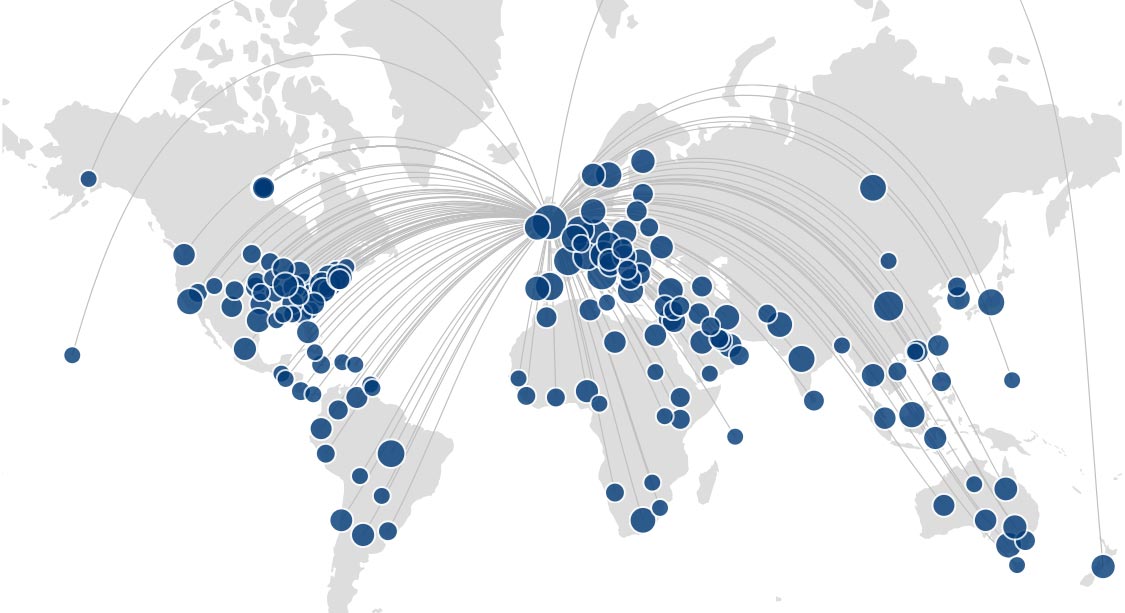
International Collaboration Fund
First initiated in 2019, the University of Huddersfield has invested great efforts in supporting academic colleagues to build their global networks via its own, internally funded, International Collaboration Fund. The fund is designed to facilitate partnerships between our academics, research groups and centres, with organisations and key academics from across the globe, in order to work on pioneering projects which, have a meaningful impact on the world around us.
| 68 Projects |
161 Institutions |
41 Countries |
62 Staff |
127 Publications |
15 Joint Applications |
8 Visiting Appointments |
|---|
Our Case Studies

A study on online dating platforms
An international study led by academics from the University of Huddersfield highlights a new global perspective on online dating, the risks and benefits across cultures, and recognises this is a global issue.

Simulating Smart eco-Systems
Dr Colin Venters of the University’s Centre for Sustainable Software Engineering has been working with a global network of academics on a mission to create a framework for developing sustainable cyber-physical systems for use across industry.

Sustainable materials for chemical manufacturing
Inorganic chemistry specialists, Prof Paul Elliott and Dr Paul Scattergood have attracted significant funding to support their collaboration with leading academics to develop sustainable photofunctional materials that can be used in sectors like pharmaceutical manufacturing.

International network of efficiency & performance
Professors Andrew Ball and Fengshou Gu are the driving force behind TEPEN (The Efficiency and Performance Engineering Network) a global collaboration of over 500 top academics from 50 world leading institutions.

Advanced treatment for Brain Tumours
Dr Anke Brüning-Richardson working closely with Dr Sean Lawler from Brown University, USA has been researching drugs that will target remaining brain tumour cells after surgery to prevent tumour recurrence and improve patient survival.

Establishing a global consortium
Professor Simkhada of the University of Huddersfield has successfully established a Consortium for Public Health Researcher from across the globe working together to foster global health research collaboration.
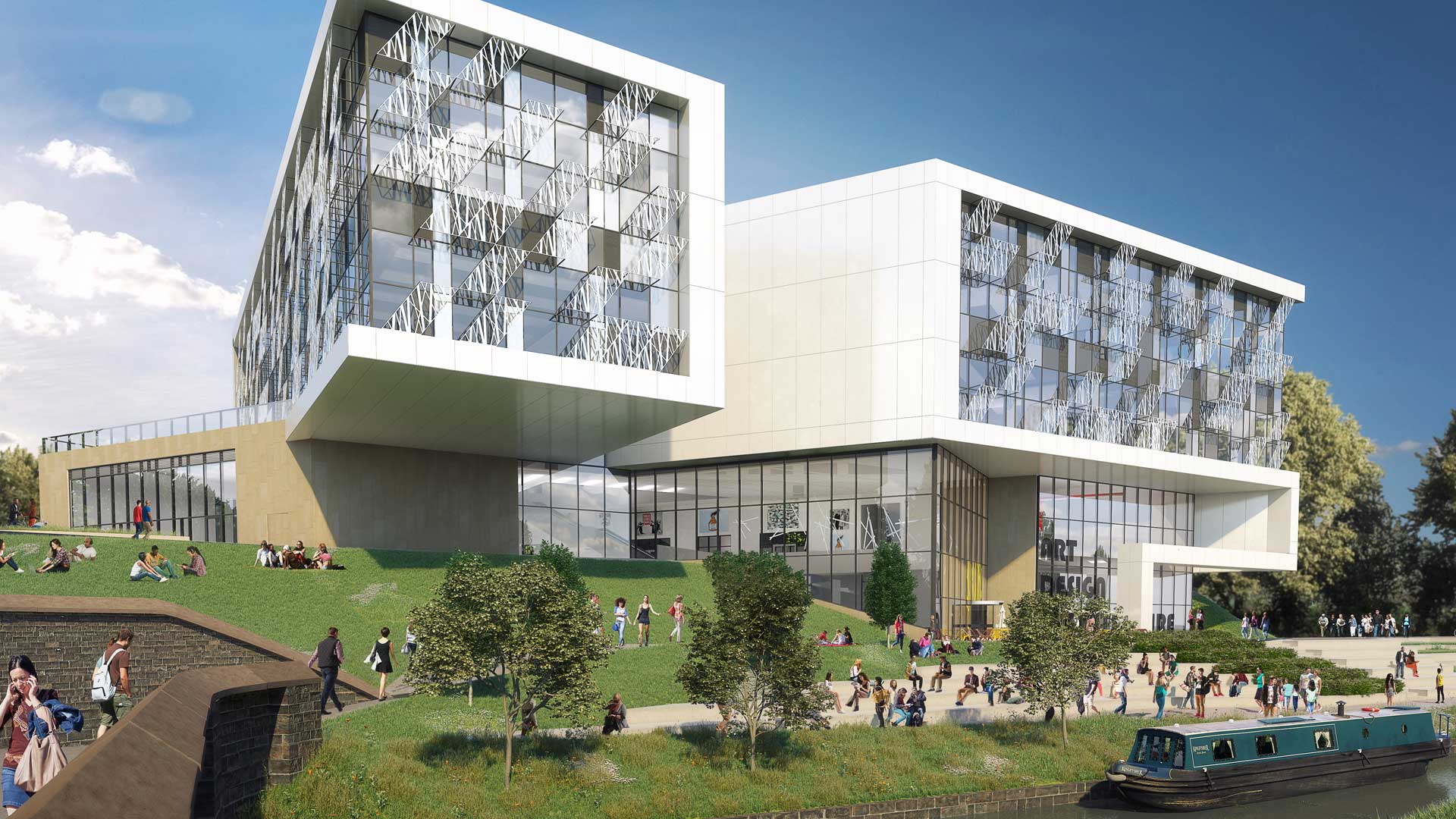
Videographic Entanglements
Videographic Entanglements focuses on the meaning and implications of video as a form of knowledge across multiple disciplines.

Future Telecoms Global Network
The Future Telecoms Global Network is collaborating with the University of Huddersfield on several Horizon 2020 and Horizon Europe projects.
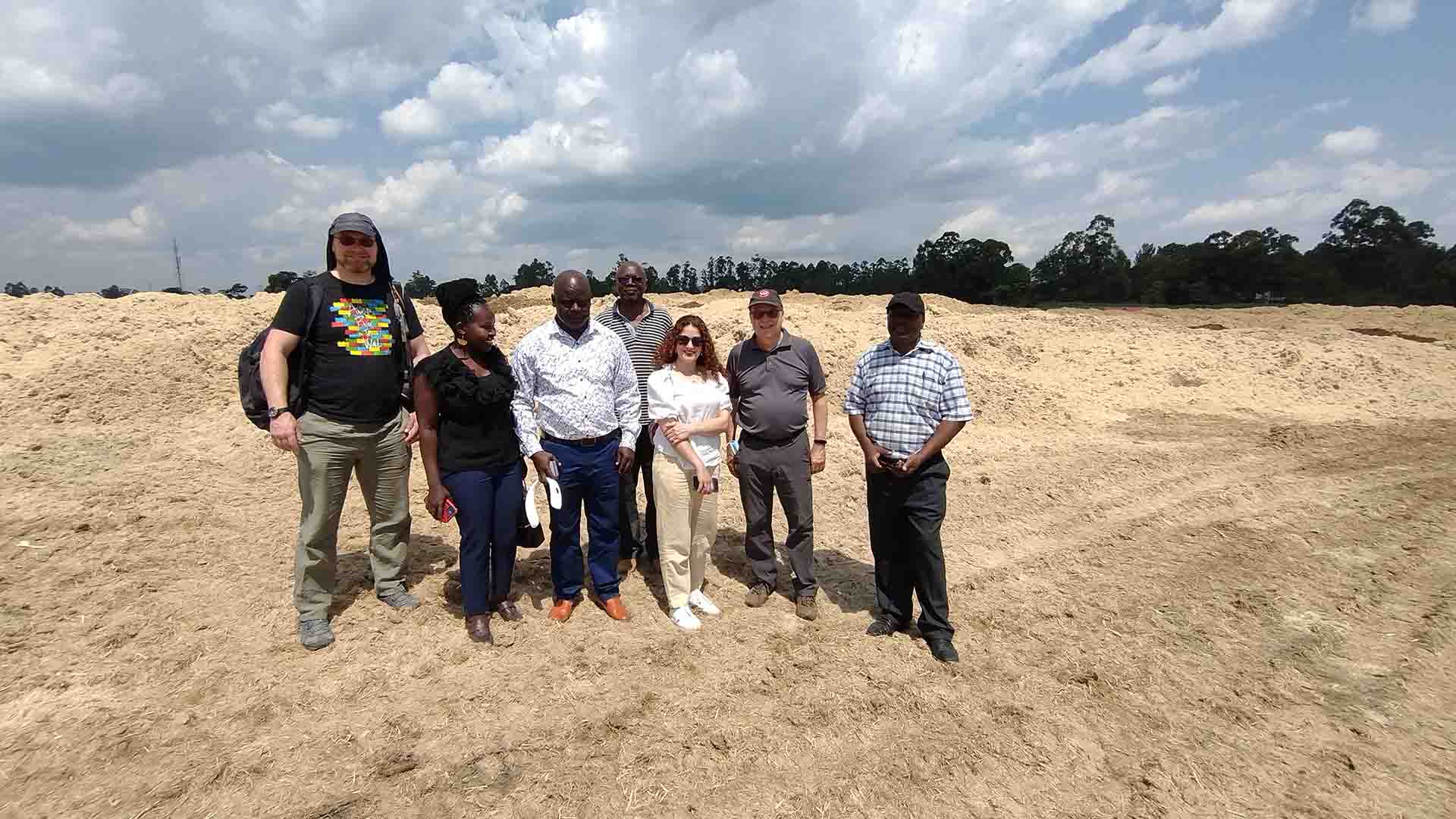
Eco-Transformation Sugarcane Waste to Cooking Fuel
Headed by University of Huddersfield’s Prof John Allport, that would focus on transforming sugarcane waste into cooking fuel.
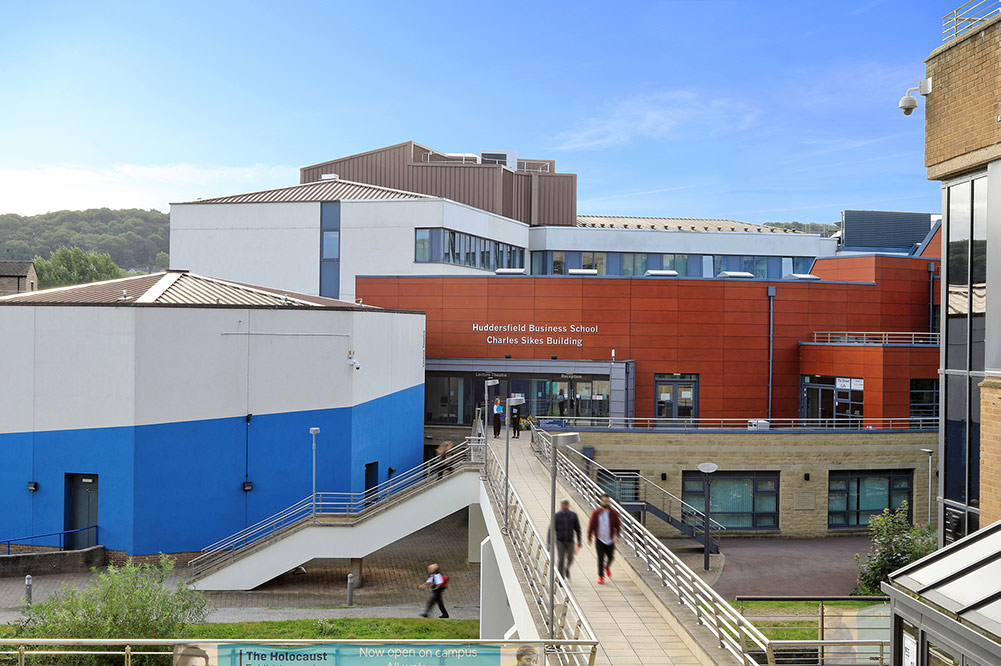
Future Mobility Lab International Network
Prof Alexandros Nikitas from Huddersfield Business School used his International Collaborative Fund (ICF) to support an ambitious international collaboration and global academic forum on future mobility, sustainable transport, travel behaviour change and AI-based transitions.
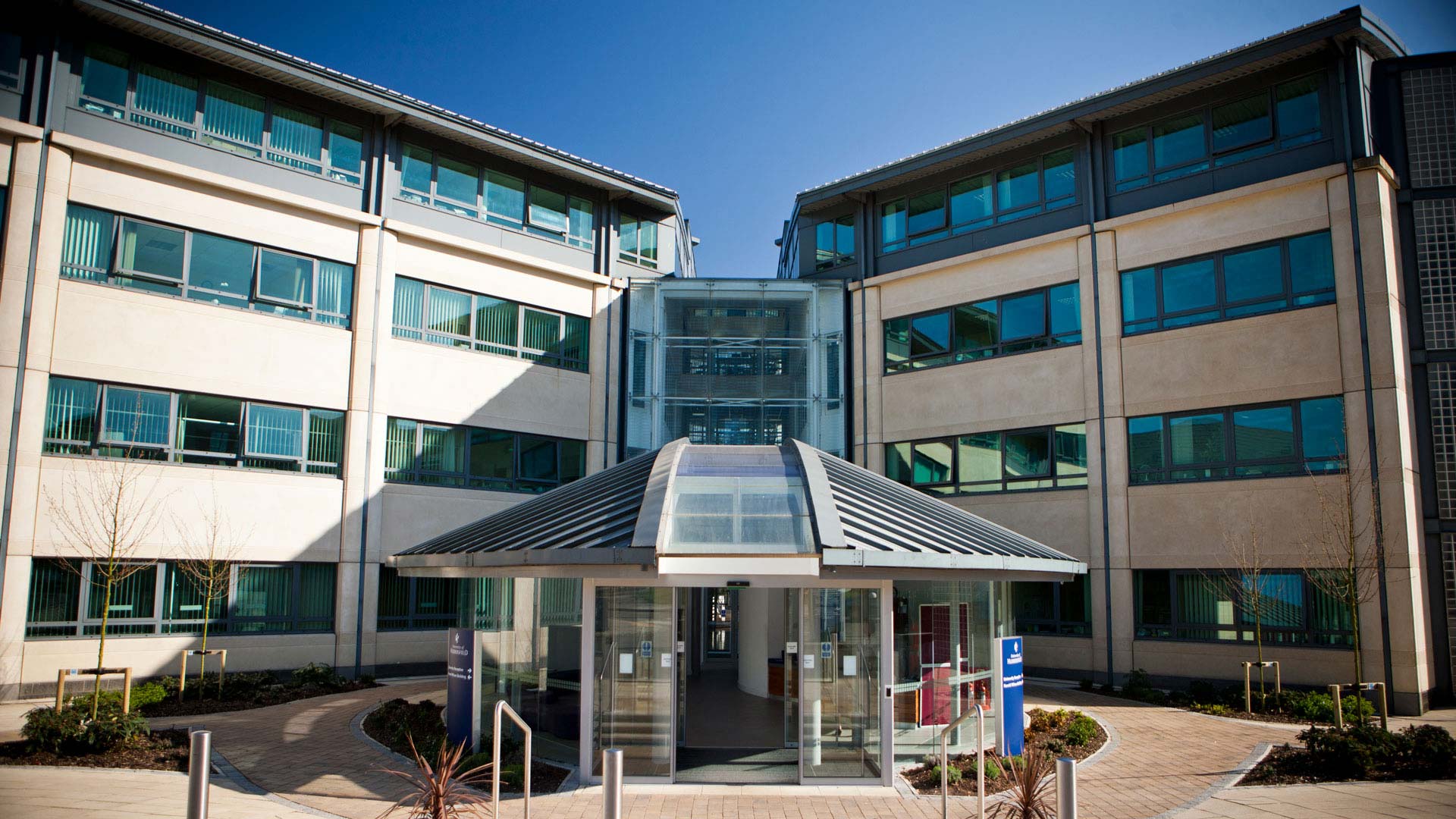
Political Leadership of Economic Development
Through the International Collaborative Fund (ICF) Prof Georgina Blakeley collaborated with academics from Aston University and Malaga University to explore the political leadership of economic development in four key cities.

Developing Family Capabilities with UoWC
This global research explores how families overcome adversity to thrive in the post-pandemic era and seeks to develop sustainable interventions co-designed with families.

Modelling risk within urban transportation
This project aims to provide recommendations for improving road safety and reducing traffic casualties by applying quantile methods to analyse the determinants of casualties arising from road traffic accidents.

Quality use of antimicrobials & vaccine
This project addresses the urgent issue of antimicrobial resistance and the rise of ‘superbugs’ contributing to higher mortality rates.
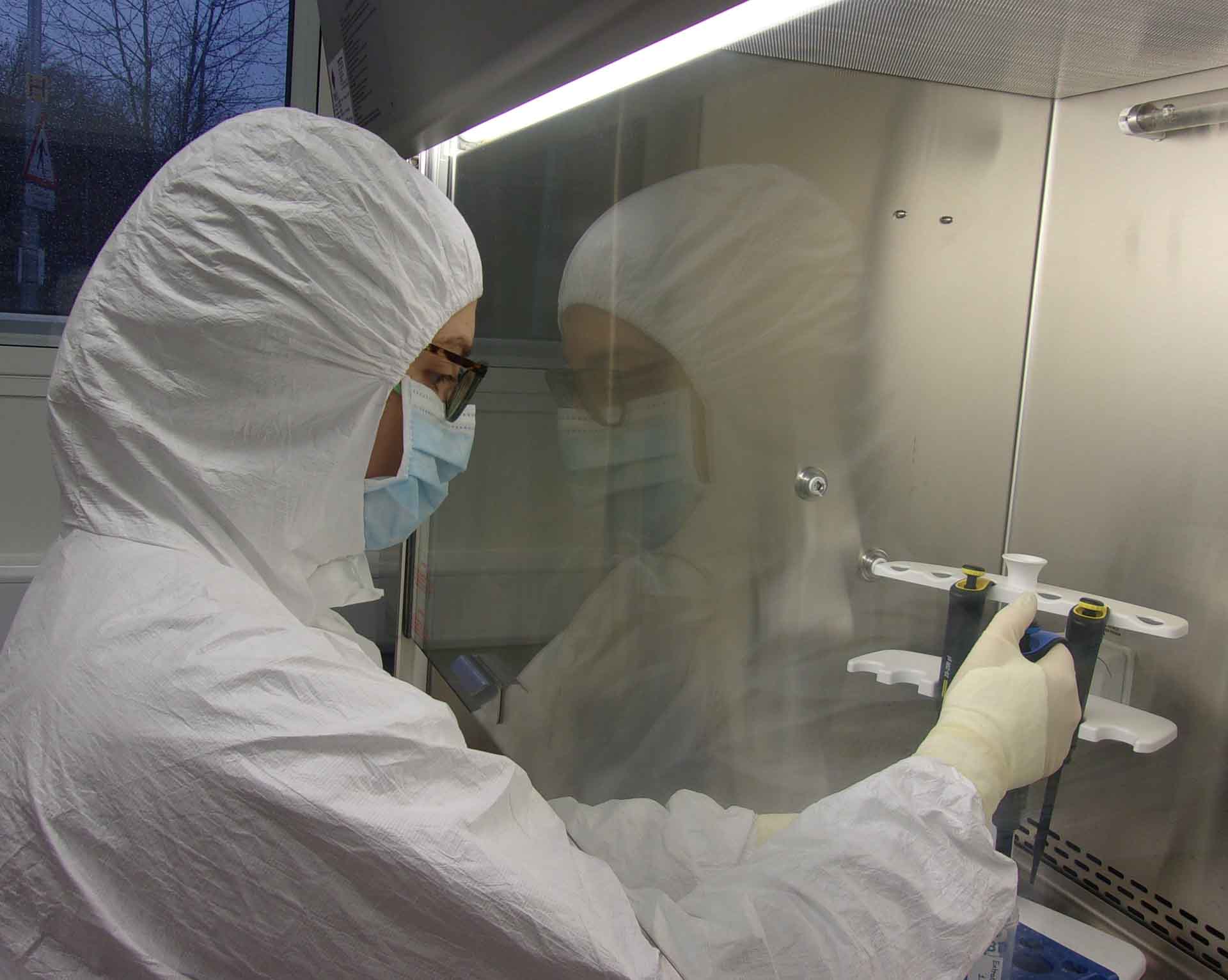
The Archaeogenetics of Britain and Europe
This project investigates the settlement of Britain and Europe from the arrival of the earliest Neolithic farming groups to Medieval times, through the analysis of ancient DNA from human archaeological remains, alongside modern DNA samples.

The Efficacy and Materiality of Baby Boxes
This collaboration, initiated with Tampere University and Dr Jim Reid of the University of Huddersfield’s Centre for Research in Education and Society, began by exploring Finland’s Baby Box as part of the Finnish maternity package.
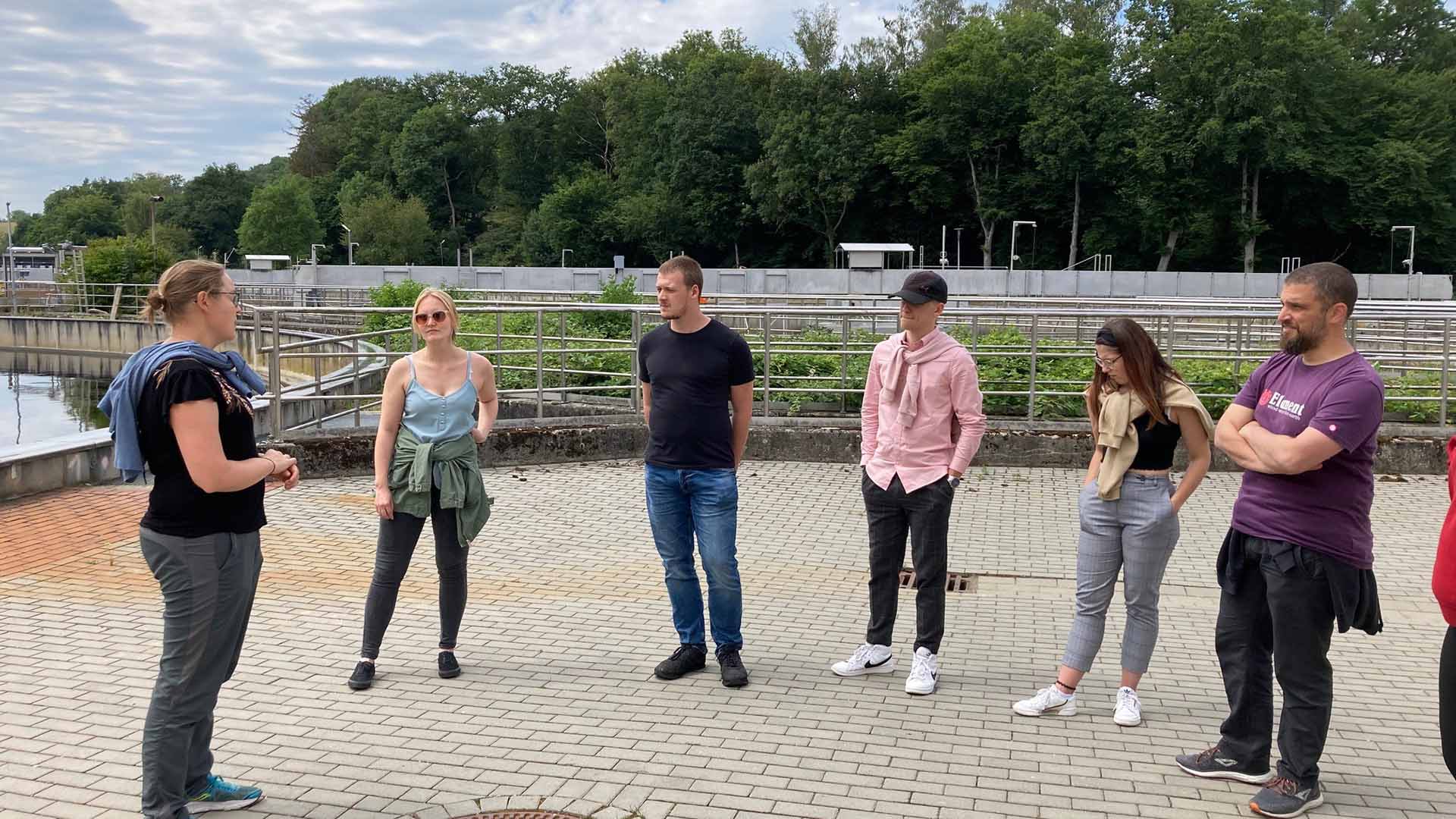
Life Cycle Assessment: European Industrial Plants
This project aims to advance circular water use, enhance resource efficiency and develop sustainable wastewater treatment technologies in industrial processes through international collaboration.

Waste Prediction Models for Industrial Symbiosis
This project explores urban and industrial symbiosis. By integrating artificial intelligence (AI) into waste management and resource reuse, it aims to enhance sustainability and reduce environmental impact across European regions.
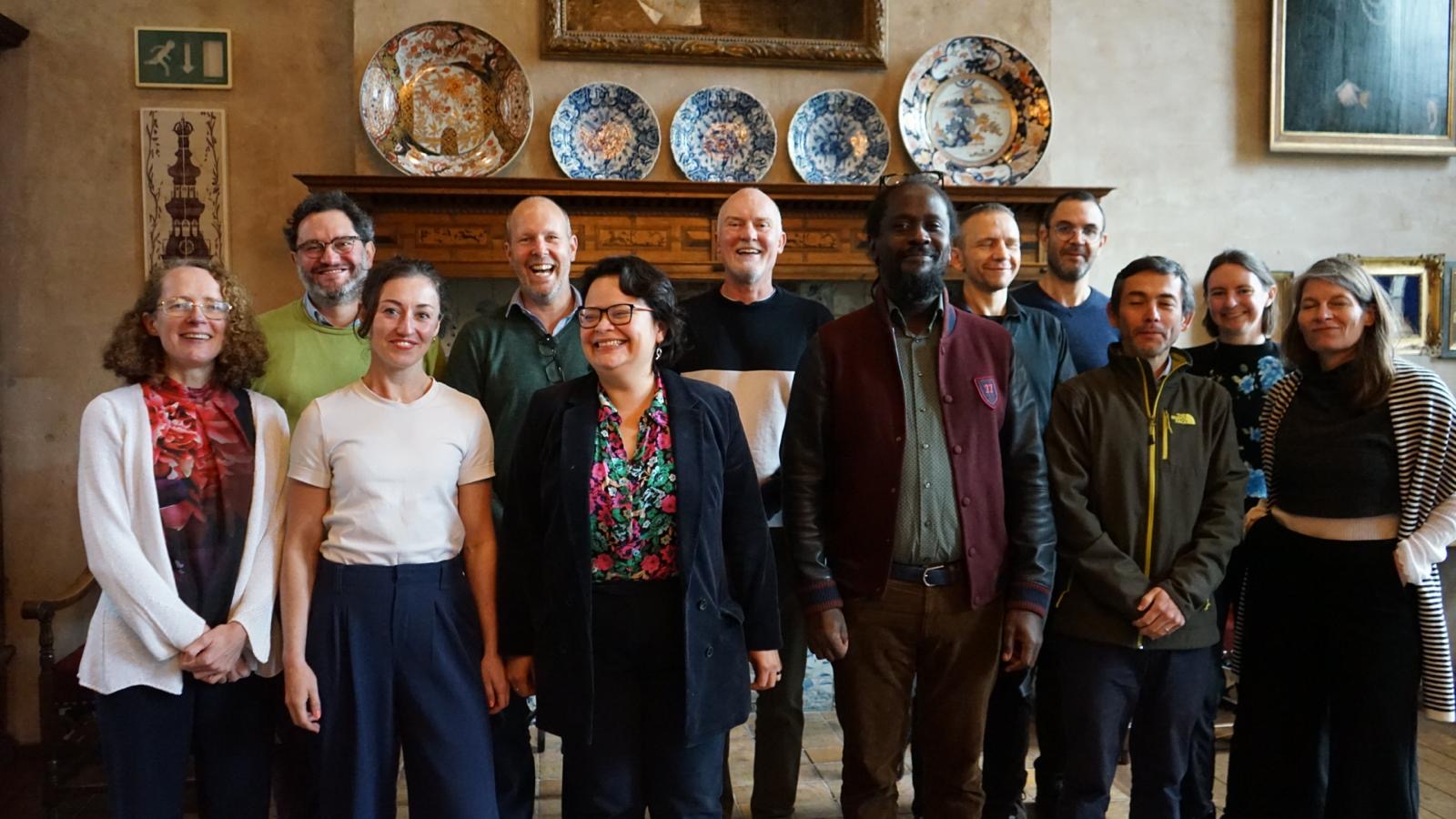
Reimagining victims' reparation
"Reimagining Victims' Reparation" is a global initiative advancing reparative justice for human rights victims by building a collaborative, interdisciplinary network.

Exploring Children's perceptions of self differenc
Using participatory arts-based methods with children aged 8, this project captures migration experiences through storytelling, objects and artefacts.
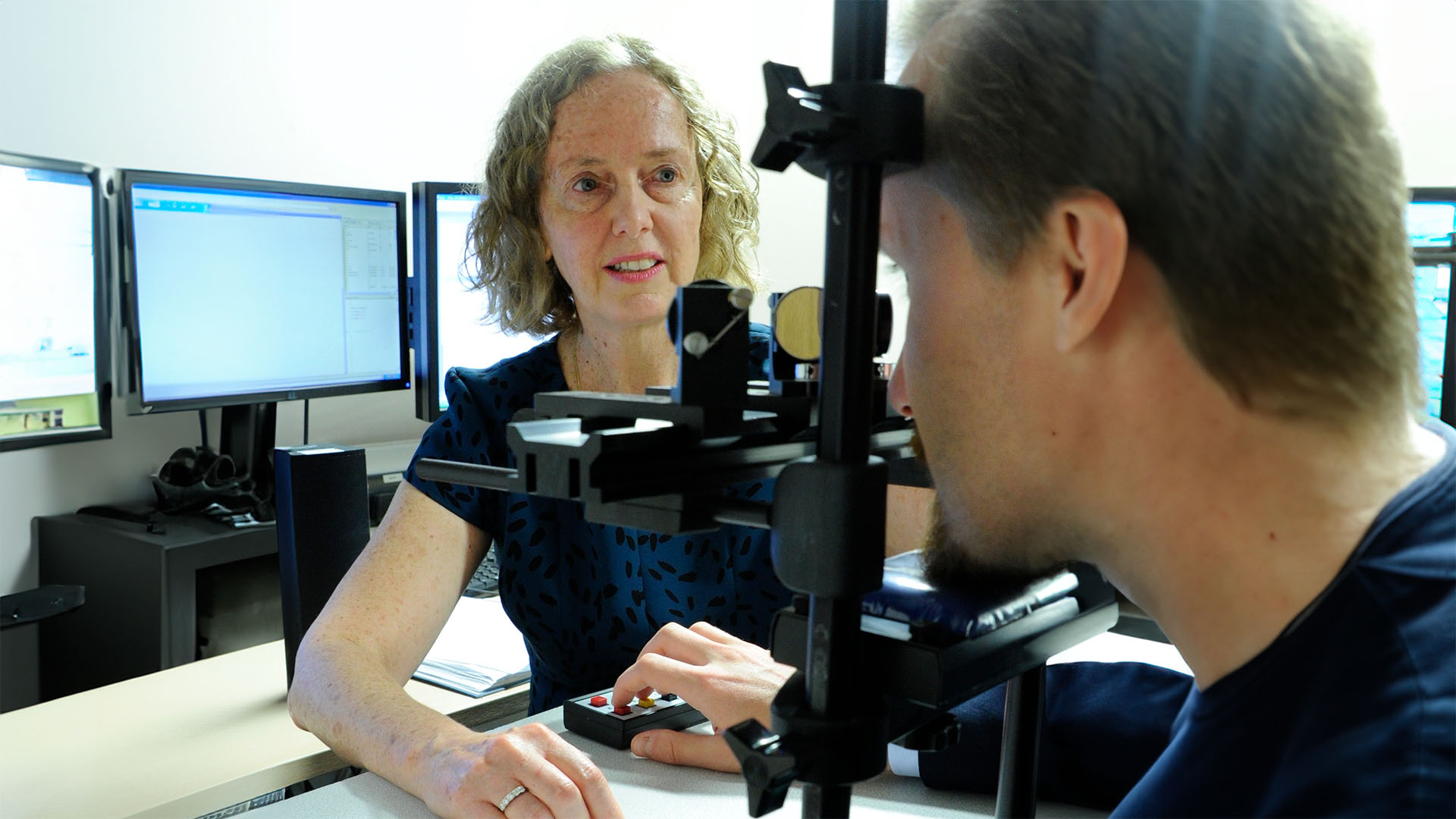
Impact of visual acuity on reading development
This project has developed a new font and clinical test to quantify visual crowding - the difficulty in identifying a target within a cluttered environment
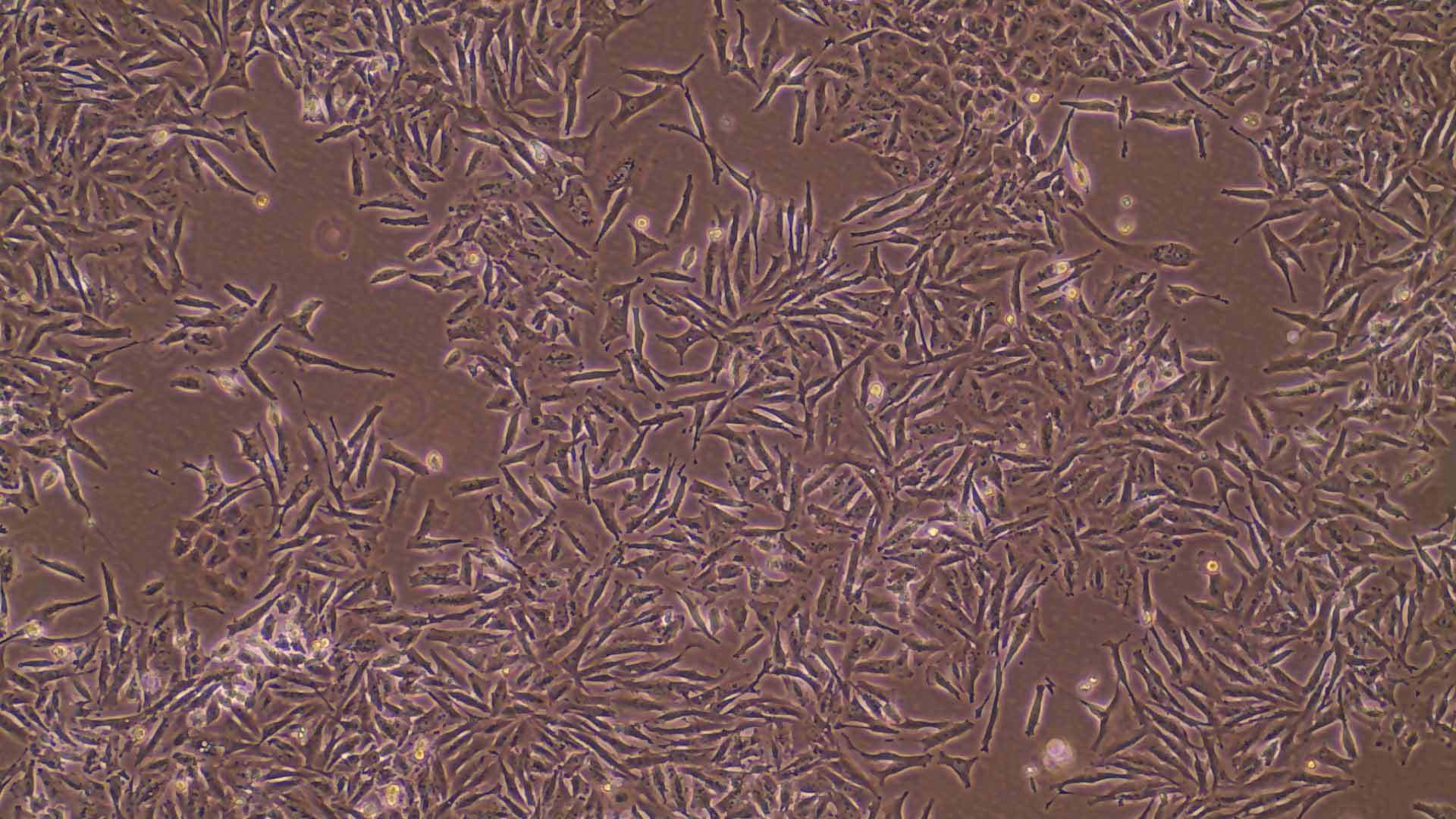
Metaboepigenetic targeting of cancers
Cancer continues to be a leading cause of mortality worldwide. New multidisciplinary approaches are needed to address challenges such as drug resistance and tumour recurrence which lead to a more aggressive disease and, ultimately, treatment failure.